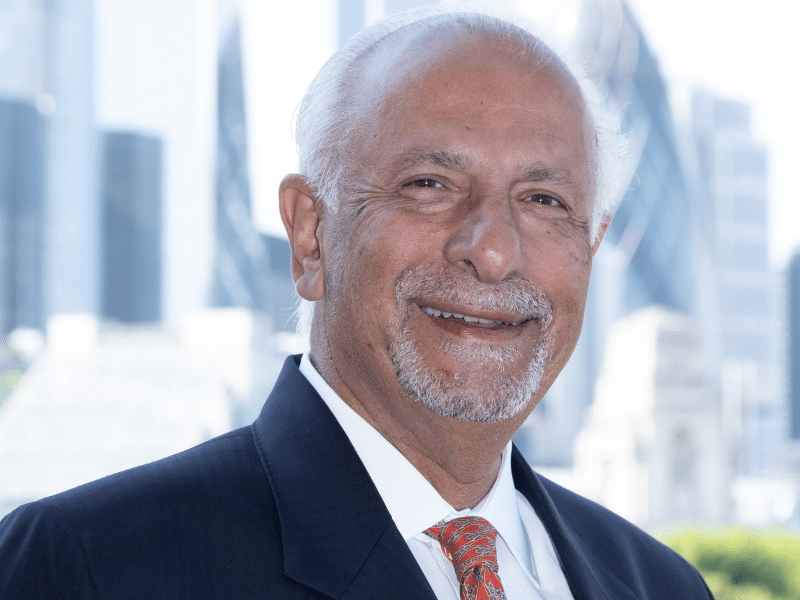 BBC News
BBC NewsBorrowing was £17.4bn last month, the second highest October figure since monthly records began in 1993.

Dinesh Dhamija
This week, one of the world’s foremost economic rating agencies, S&P Global, made a striking prediction.
Not only will India lead the global growth rankings this year, but for the following two years as well. It predicts a 6.7 per cent uplift in GDP, sustained through to 2026. Only Vietnam and the Philippines, with prospective growth of 6.6 per cent and 6.1 per cent, come close.
These new figures confirm for many investors what they have suspected for some time. India’s growth story is not a flash in the pan, triggered by a temporary lull in Chinese growth or by a burst of enthusiasm for its tech services. It is a systemic, fully-fledged economic phenomenon which is changing the course of global investment and wealth patterns.
For financial analyst Hamish McRae, there are “stunning opportunities” to invest in India, due to its rapid economic growth and the huge number of young people joining the technology-driven businesses springing up across the country. “For many professional fund managers, it is now India – not China – that represents one of the world’s most exciting long-term investment opportunities,” says McRae.
For stock market investors, a key difference is India’s democratic constitution and the rule of law. “This means that its stock market, and the businesses that are listed on it, are not at the mercy of state interference as had happened recently in China. Investing in India is an unencumbered financial bet on the country’s future,” he adds.
There will be 25 million Indian households earning more than $35,000 per year by 2032, according to a Morgan Stanley report, bringing a host of new products and services into play across the country. Other research papers show idiosyncratic results for economic growth across Indian demographics: Since 2019, for example, growth in internet use in rural India has been much higher than in urban areas, with female internet users growing at almost three times the rate of male users.
“India is looking really good,” says Investment Trust Mobius’s manager Carlos Hardenberg. “It is led by a pro-business government. [Prime Minister Narendra] Modi has stripped away layers of bureaucracy that previously made doing business in India a nightmare. It’s embarked on ambitious digitalisation programmes and helped ensure the population has widespread access to banking.”
This is a hard-nosed analysis of what makes India a good option, from one of the world’s most successful emerging market investors. There are hundreds of reasons to applaud India’s recent economic ascent, from bringing millions out of poverty to restoring the pride of the nation, but for many outside India, the commercial opportunities are exceptional.
“Before Modi, India was a dysfunctional economy and heavily based on agriculture,” says fellow emerging markets manager Charles Jillings. “The mix of tax reforms and cuts that he has introduced are feeding through to economic growth.”
Head of macroeconomic research for Morgan Stanley’s emerging markets equity team Jitania Kandhari explains how the gulf between the opportunities offered by India and China has grown: “The things not working for China today are working for India,” she says. “China is heavily indebted; it is facing deglobalisation as geopolitical tensions rise, and it has a shrinking working age population. Plus, China’s economy has already digitized, with the digital economy accounting for about 40 per cent of GDP, up from 5 per cent in 2005.”
The difference is stark: in China labour costs up to three times as much as in India. And things are changing rapidly. In February 2021, China made up 40 per cent of the Morgan Stanley Capital International (MSCI) Emerging Markets index. By the end of 2022 it was down to 25 per cent, with India the main beneficiary.
Now is the time to invest in the growth story of the century.
Dinesh Dhamija founded, built and sold online travel agency ebookers, before serving as a Member of the European Parliament. His latest book, The Indian Century, will be published later this year.